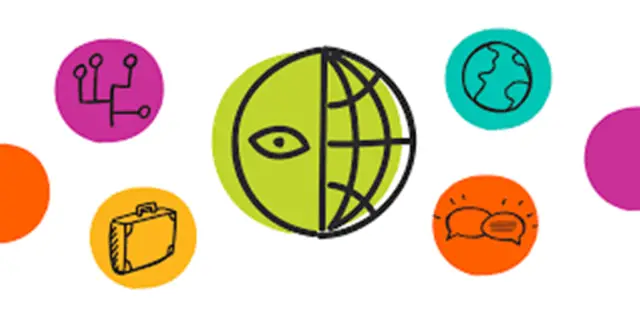In the world of entrepreneurship, there has been talk for decades about the contributions of the “Orange Economy”, which is defined according to Felipe Buitrago Restrepo, economist and author of the study “The Orange Economy: An Infinite Opportunity”, as: “the set of activities that in a chained manner allow ideas to be transformed into cultural goods and services, the value of which is determined by their intellectual property content. The orange universe is made up of: i) the Cultural Economy and the Creative Industries, at the intersection of which are the Conventional Cultural Industries; and ii) areas of support for creativity”.
In other words, it involves turning artistic talent into money through projects that turn ideas into productive actions, fostering the creativity, skills, and ingenuity of entrepreneurs. In Costa Rica, curiously, the orange economy shares space with video game programming and fashion design, in addition to traditionally conceived cultural creations. The contributions in Latin America, of the Orange Economy represents about 177,000 million dollars, employing about 10 million people.

For this reason, through the Costa Rican Ministry of Culture, the added value of the sectors of the Orange Economy began to be measured: Editorial, Audiovisual and Advertising, among others, establishing 13 sectors. Costa Rica is ranked fifth in Latin America and seventh in the world within the countries that develop this type of economy.
This segment of the economy for our country, according to the Ministry of Culture, meets the following indicators:
• From 2010 to 2018, cultural companies went from 9,900 to 12,247 companies, with the Cultural and Artistic Education sector representing 45% of them.
• Cultural employment from 2010 to 2018 went from 35,719 people to 46,094, with the Cultural and Artistic Education, Audiovisual and Advertising sectors being the most representative.
• 2.2% of the total employed persons in the country belong to these sectors.
• Cultural production went from 2010 to 2018 from ¢ 718,889 to ¢ 1,279,110 million.
In 2018, the cultural added value of these sectors in the economy stood at 2% of GDP. These data indicate that it is on a par with the contributions generated by the cultivation of pineapple and bananas and the supply of electricity for the same year.
Therefore, in this crisis we have the opportunity to overcome and take measures to support these sectors of the orange economy that allow their development, taking into account the impacts generated not only in the country but also worldwide. With this, economists and governments can stop belittling the cultural sector and be supported to maintain or improve contributions to the country’s GDP.
For all these reasons, the local presidential candidates must have a programmatic offer that not only contains the impact of the current economic crisis in said sector, but also enhances this industry as an engine for job creation.
From our perspective, solutions for the sector must be:
• Eliminating or extending the hours of the sanitary vehicle restriction.
• Eliminating or extending the hours of night-time closings of establishments.
• Creating a directive from the General Directorate of Taxation that considers as a deductible income expense any expenditure made by companies for the hiring of artists in order to attract the public to their establishments, in other words, generate tax incentives to promote economic reactivation.
• Increasing the percentage of seats allowed.

